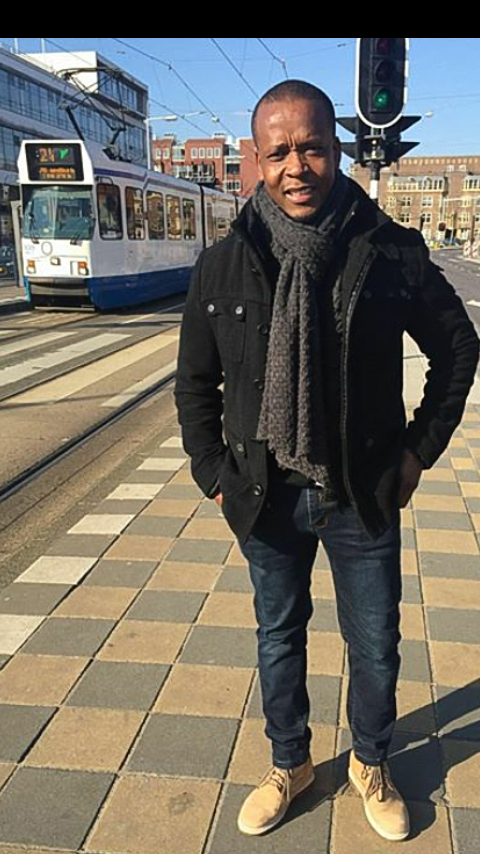
by Sybille Kenny - Global Connection - Expat Partner Support
Travelling abroad and adjusting to a new culture for the first time is an exciting opportunity for South African Heineken expat partner, Matome Rapholo. After four months of living in the Netherlands, Matome emphasizes the importance of being well prepared for life in a new culture.
Perception of other culture
“I knew it wasn’t easy to start a conversation with them… no small talk… always serious… extremely direct,” says Matome with a smile, who is from Johannesburg in South Africa. This was Matome’s initial perception of Dutch culture before moving to the Netherlands. After talking to an intercultural trainer, Matome found he had a better understanding of Dutch values and behaviour which enabled him to interact more comfortably with people from his host country. In the meantime, Matome has got used to the direct way of communication and actually prefers it, as he says there is “no room for misunderstandings and the message is clear.”
Differences matter
People from different cultures have their own ways of dealing with day-to-day life. What may be correct behavior in one country, may not be acceptable behavior in another. As Matome observed, “A gesture in South Africa might mean I’m OK, whereas in the Netherlands that gesture could have a completely different meaning and it could set you back in your progress of settling down in a new country.”
Intercultural preparation
The aim of intercultural training is to make people aware of the values, norms and behaviour of other cultures, and to help them adapt more quickly to a new environment. According to a Global Connection survey in 2011, one of the factors that contributes to a successful international assignment is intercultural training for the whole family. The easier and faster it is for the family to adjust to life in a foreign culture the better are the chances of a successful assignment abroad.
Adapt without losing identity
Intercultural training also helps people learn more about themselves and their own culture. To what extent each expat partner adjusts to the host culture is a personal decision. Matome did not feel comfortable with the way that Dutch people shake hands at any given opportunity, “even at soccer matches”. He decided “no handshake anymore, I am fist pumping. Instead of totally losing myself I try to change small things. It worked well.”
Expat partner advice
Matome’s advice is that expat partners should consider a cultural course. “For me it was very important, because I’ve realized there is a point where you can get distressed with how people behave in that country, but had you been told about this behavior beforehand you wouldn’t be so uptight about it… or so scared… when you see it happening.”
Source: Global Connection's media for spouses (B2B subscription).

For more information: www.global-connection.info

